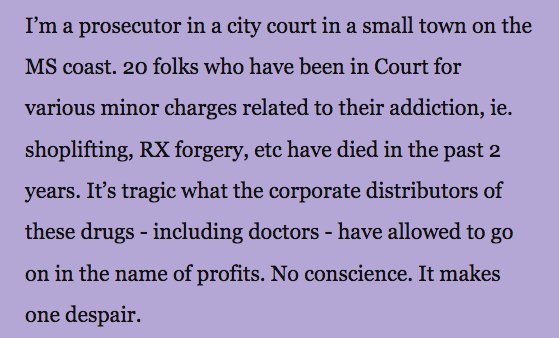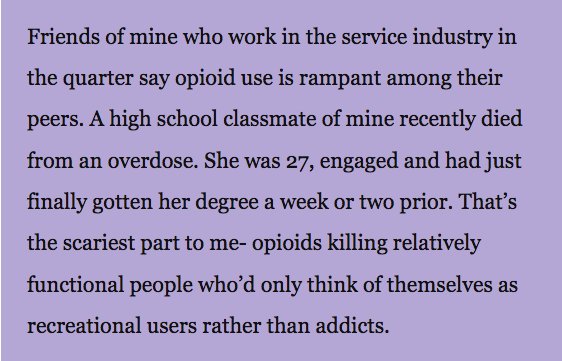Deadline: 31 July 2017
Topics
- Increase media coverage of key issues in the US-Japan alliance
- Educate members of the media on important issues in Japan and their connection to the U.S.
- Bridge the gap between local U.S. cities/industries and Japan
Program Phases
- Program Orientation: Late August/early September 2017
- Before the selected journalist travels to Japan to begin reporting, ICFJ program staff, the participant and the Japanese fixer and interpreter will convene in a series of web conferences using Google Hangout. These opportunities will acquaint the journalist with one another and the Japanese interpreter-fixer who will assist him/her during his/her 19-day reporting tour.
- Individual Travel and Tour: mid-September – December 2017
- After the orientation program, the journalist will depart for his/her 19-day reporting tour accompanied by an experienced Japanese reporter and journalist. The participant will work with the Japanese expert to organize necessary meetings and plan travel around Japan.
- Return and completion of reporting: December 2017 – March 2018
- After the American journalist returns home, s/he will complete his/her story for publication or broadcast. ICFJ will use its own website to promote the stories The journalist is expected to publicize his/her story via social media and professional connections.
Eligibility Criteria
- Journalists from all types of news media are eligible for this program.
- Applicants must have a guarantee that at least one report or article will be broadcasted/published by U.S. media.
- The participant will be selected based on the quality of story idea, as the story should have immediate relevance to the journalist’s own community. Examples of issues that journalists could explore include business, trade, energy, culture, immigration and climate change. Other key considerations include the journalists’ professional qualifications, level of experience and their media organization’s audience.
How to Apply
Applications must be submitted online via given website.
Eligible Countries: United States
For more information, please visit ICFJ.









